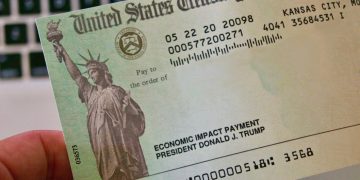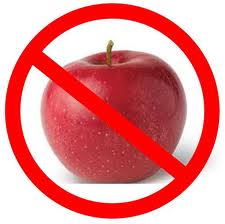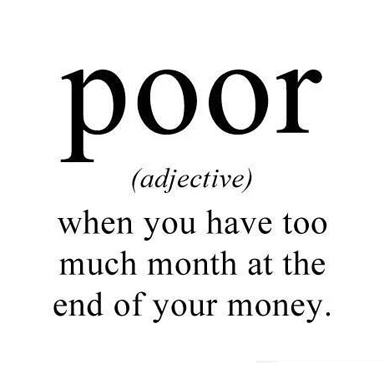As the economy continues to struggle and people with it, I have seen more and more commercials advertising debt consolidation or debt settlement. Sometimes these phrases are used interchangeably, which generally confuses the average person into thinking that they are one and the same. Since you read this blog, you are not the average person, but just in case you’re unsure about the difference, let’s cover a few basic differences between debt consolidation and debt settlement.
According to Wikipedia, the bastion of information,debt settlement, is, “also known as debt arbitration, debt negotiation or credit settlement, is an approach to debt reduction in which the debtor [that would be you] and creditor [that who you owes] agree on a reduced balance that will be regarded as payment in full.” On the other hand, it says that debt consolidation “entails taking out one loan to pay off many others. This is often done to secure a lower interest rate, secure a fixed interest rate or for the convenience of servicing only one loan.”
Did you get that?
The settlement is the one where you and the company that you owe agree to an amount lower than what you actually owe. When you pay the lower amount off, you are paid in full. There are however, some nuances with a debt settlement that you should be aware of. If the credit company reduces your debt by more than $600, you there might be some tax implications on your part. The IRS considers any amount of forgiven debt as taxable income. By law the creditor must send you a form 1099-C. There are some ways around paying taxes on this though, but we won’t get into that a this point.
You can handle a debt settlement yourself. In fact, I have done so and even shared some tips on doing a debt settlement yourself. Some people use debt settlement companies. The company makes money by taking a percentage of your savings as a fee. So, if they negotiate your debts down by 50%, they take a portion of the 50% that you saved as a fee – effectively reducing your savings.
Debt consolidation is where you lump all of your debts together into one loan instead of leaving them with multiple creditors. Many people got into trouble with this one because they added their debts to their mortgages or to home equity loans. One of the problems with this is that by rolling credit cards debts into a home loan, you have effectively changed an unsecured debt into one secured by your home. If you have problems paying your credit cards you try to to do a debt settlement or make other arrangements, but if you have problems paying your home loans, you would typically end up in foreclosure.
You can do a debt consolidation yourself by getting a consolidation loan, but many people end up working with a company to help them through this process. Again, I did a debt consolidation myself, but I highly recommend that you read a lot on the subject before attempting a debt consolidation. Instead, I would recommend that you work with a reputable company to help you through a debt consolidation process.
So, those are the basic differences between a debt settlement and a debt consolidation. The next time a commercial comes on television you won’t be confused about which one is which.




















